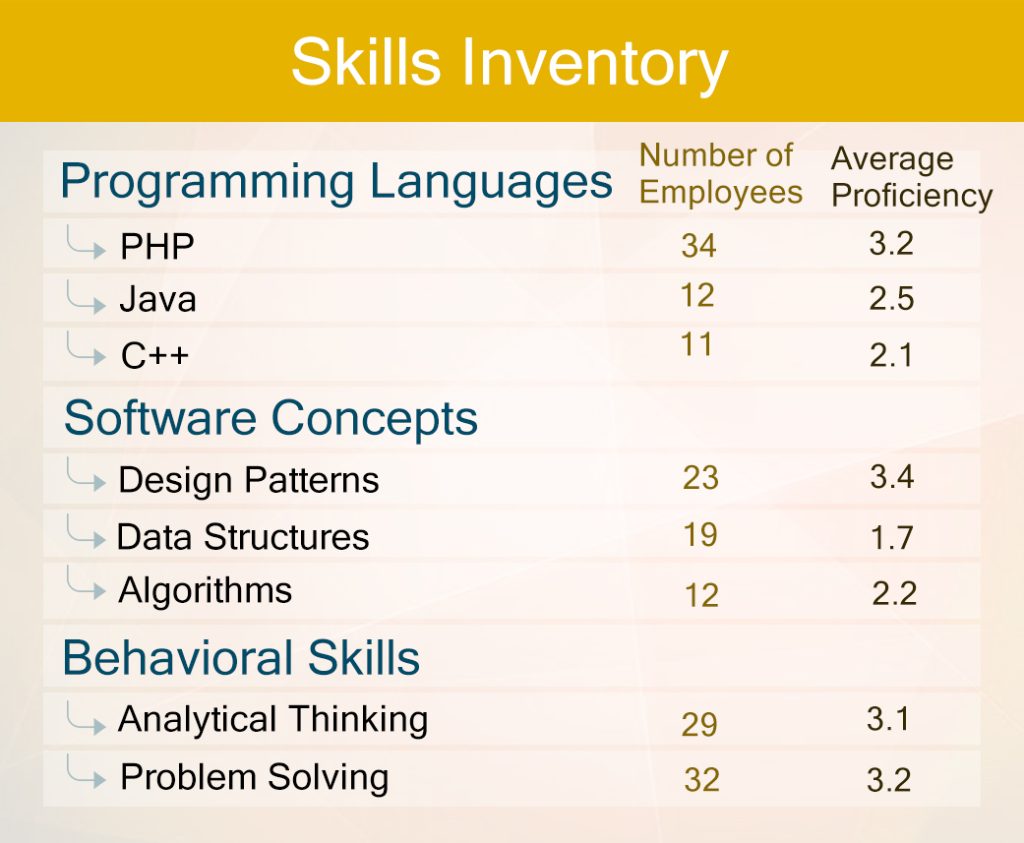Ever wondered what keeps an organization together? It’s the organizational culture or the work culture. In recent years, there’s been plenty of talk about the importance of organizational culture. Here are some 2023 statistics that will surprise you:
- 88% of job seekers and 94% of entrepreneurs believe a healthy work culture is important for success.
- 86% of job seekers do not apply to companies with poor work culture.
- 75% of millennials rate corporate culture as more important than other factors.
In this blog, we shall look at some of the best examples of organizational culture in the modern workplace.
What is Organizational Culture?
Essentially, organizational culture is something vague and difficult to define. However, it does not take a scientist to recognize “good” or “bad” organizational culture. In any modern organization, employees are quick to recognize the prevailing work culture.
Simply put, organizational culture is the combination of:
- Work practices
- Employee behavior
- Business ethics
- Job expectations
As per Oak Engage estimates, companies with a positive organizational culture have 72% higher employee engagement than those with a weak culture. Here are some of the common indicators of a positive organizational culture:
- Employees are confident in expressing their thoughts and suggestions – without any fear.
- The work culture is not static but evolves through new developments and events.
- High-performing employees are recognized for their work excellence.
- Low-performing employees are encouraged through positive feedback and improvement initiatives.
4 Types of Organizational Culture with Examples
Every organization has a different work culture. Primarily, here are 4 types of organizational culture with examples:
1. Adhocracy culture
Organizations with an adhocracy – a combination of “Ad-hoc” and “Bureaucracy” – culture are most adept at business innovation and transformation. Bureaucratic policies do not restrict these companies and constantly emphasize innovations. Some examples include companies like Google, Apple, and Space X.
Employees are encouraged to:
- Ask questions.
- Think creatively.
- Contribute ideas.
The adhocracy culture values and rewards individual capability, which is necessary for taking business risks. This is one reason why companies with an adhocracy culture are pioneers in their industry space.
2. Clan culture
As the name suggests, organizations with a clan culture are operated by family members or people with common interests. This is quite common in family-owned businesses. Companies with a clan culture often regard their entire workforce as “part of one family.”
The clan culture promotes the following values:
- A collaborative work environment
- A flexible work environment where individuals are valued for their contributions
- Every employee feels like “being equal” and part of the family
- Employees are encouraged to provide their suggestions and feedback
Examples of organizations with clan culture include Tom’s of Maine, Redmond, and Choubani.
3. Hierarchy culture
Companies with a hierarchy culture are defined with a fixed organizational structure and a clear chain of command. These companies value their “traditional” business structure and consider that as a strength (even in a changing global environment).
Employees of companies with a hierarchy-based culture are expected to:
- Respect the various levels of authority.
- Report only to their immediate manager.
- Follow a fixed dress code and business rules.
Most companies, including government agencies, law enforcement, and the oil and gas industry, follow the hierarchy-based culture.
4. Market culture
Organizations with a market culture are highly competitive in nature – where business growth is their primary and only objective. These organizations focus on improving their profits and revenues. Individual tasks are aligned with organizational goals. These companies also have a well-defined hierarchical structure that separates employees from the leadership team.
Some examples of organizations with a market culture include Amazon and General Electric. While a market culture can build a successful company, employees often face high work pressure or even burnout. There’s less emphasis on employee engagement and satisfaction.
Next, let’s look at 10 companies that provide the best organizational culture examples in the current business space.
10 Organizational Culture Examples in the Workplace
Here are 10 companies that are the best organizational culture examples:
This technology giant is among the best organizational culture examples for employees. The company’s organizational culture is the standard that other technology companies have tried to emulate. Google was the pioneer in developing the modern workplace – with employee facilities like sleep pods, free food, casual attire, and workout gyms.
Besides employee perks, the company also promotes a positive work environment where:
- Talent and hard work are highly valued and appreciated.
- Employees are encouraged to learn from their peers and help each other.
- New and experienced employees are open to offering suggestions and ideas.
- Netflix
Among the latest entrants, Netflix is another good example of organizational culture. This digital streaming company is known to follow the mantra of “people over process.” The organization is founded on business loyalty, trust, and ownership principles.
Here are some aspects of Netflix’s work culture:
- Employees are encouraged to take ownership and make their own decisions.
- Business ethics like transparency and open communication are valued.
- Employees are encouraged to support innovation.
- Unnecessary rules are commonly avoided.
Here’s the first line on the company’s job page: A great workplace combines exceptional colleagues and hard problems.
- Zappos
Zappos is another company that makes it to the list of companies with the best organizational culture example for employees. During their hiring process, the company gives 50% weightage to candidates who are the best fit for their work culture.
The company is also famous for its “Offer” for newbies. According to this offer, a new recruit is offered a $2000 bonus (apart from the pay for the hours worked) to quit the company – one week after joining.
The company also invests time and resources in team-building activities and promoting its culture. For instance, every year, the company releases a report with its employee testimonials.
LinkedIn’s work culture is built on 5 pillars: Transformation, Integrity, Collaboration, Humor, and Results. Here’s why LinkedIn was listed in Glassdoor’s “Best Places to Work” in 2023:
- Employee perks like free food, onsite gyms, and vacation time.
- 80% of LinkedIn employees recommend this company to a friend.
- 55% of job seekers rate their LinkedIn interview process as “positive.”
The company also strives to maintain work-life balance for its employee’s well-being and health. In order to boost productivity, the company designs its workspace carefully.
- Disney
The animated movie brand Disney also makes it to our list of the best organizational culture examples in the workplace. As a brand, Disney is especially known for its Mickey Mouse and Marvel movies. Operating for nearly 90 years, Disney also provides the best employee experiences. For example, on their careers page, Disney invites job applicants to “be part of the story.”
In November this year, the company was named among the top adoption-friendly workplaces. The company also supports a diverse and inclusive workplace that can adapt to the changing needs of its employees.
- Zoom
Besides its video conferencing technology, Zoom is also popular for its amazing work culture and emphasis on people. Voted as the best place to work in 2021, Zoom’s culture revolves around a single value, namely “Care.”
Besides caring for its employees, Zoom even encourages them to bring their family members and loved ones to their workplace. Employees have also rated the company’s leadership team as transparent, knowledgeable, and easily accessible.
- HubSpot
The growing software company has an official culture code that states that “Culture is to recruiting as product is to marketing.” The company recognizes that to attract and retain people, you need a work culture that they will love. With its “team-first” culture, HubSpot focuses on team bonding, cross-department collaboration, and employee relationships.
Here are some of their other cultural practices:
- Practice full internal transparency.
- Define and act on your core values.
- Stop stunting people’s growth.
- Warby Parker
For over a decade, Warby Parker has been in the business of selling prescription glasses. The company follows the golden mantra, “Treat customers the way we’d like to be treated.” Hence, the company also believes in creating a work environment where employees can think big, have fun, and do good.
Some of the employee perks include enjoyable meals, events, and programs. With this work culture, the company has grown its workforce to 1,400 in just 8 years.
- DHL
This U.S.-based logistics company has a workforce of over 600,000 professionals around the globe. Over the years, DHL has built a dynamic and multicultural work environment. The company’s integrated learning platform encourages talent development. The company also promotes employee wellness programs, which include annual employee events and physical activities.
- Nike
Last on the list is the international footwear brand Nike. On its Life@Nike page, the company highlights its culture of innovation – like designing the world’s first self-lacing shoe. The company also prides itself on work transparency. For instance, the entire interviewing process is outlined on their hiring page.
Some of their employee mantras include:
- Accomplish more together.
- Have a positive impact.
- Make it even better.
- Have a good idea, and be bold.
Conclusion
In this blog, we have discussed 10 companies with the best organizational culture examples. Having said that, companies must constantly strive to build their organizational culture. Hence, they need to also focus on developing their organizational skills.
Through its innovative solutions, skills analytics platform IYS is enabling companies to build their organizational skills. Our skill-based offerings include:
- Skills Taxonomy – The comprehensive database of diverse skills across industries and business functions
- Skills Profiler – The tool used to create and map skill profiles.
- Skills Analytics – The application used to capture real-time skills data for decision-making.
If you want to reinvent your company for its organizational culture, send us a message at connect@iysskillstech.com.





